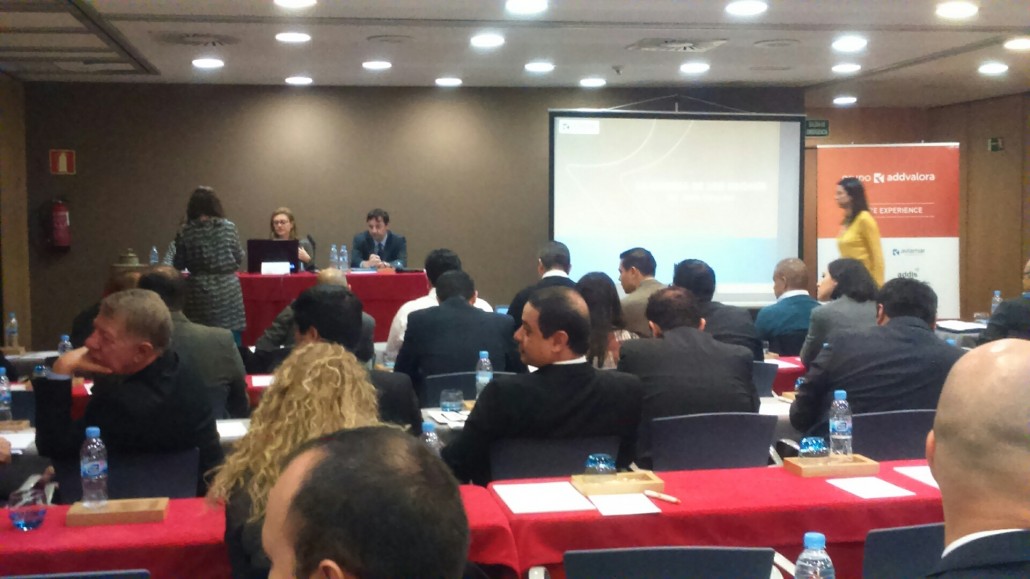
“The underwater cultural heritage lacks of the proper legal protection”, this was one of the main conclusions of the lecture given by our Partner, Javier Portales, at the II Technical Latin-American Conference organised by Group Addvalora.
During his presentation, Javier Portales dealt with the discovery of the Spanish Galleon San Jose in Colombian waters, which aroused great interest in the media and public opinion in late 2015, due to the legal discrepancies between the Colombian and Spanish domestic law, and the international legal framework.
The lack of a clear international law of the sea and of a uniform legal framework are the main root causes of the conflicts arisen after the findings of treasures at sea, where generally the interests of several States are involved.
Regarding International Law of the Seas, the London Convention of 1989 regulates the salvage of modern vessels, but does not include any reference to historic vessels, except in the cases in which some States also maintain its application to the latter kind of vessels.
Furthermore, the UNCLOS and the 2001 UNESCO Convention on the Protection of the Underwater Cultural Heritage point out that there are several legal loopholes in the international regulation of underwater cultural heritage.
The situation becomes more complex when the findings take place in a State that is not party to those international treaties, as occurs with the Government of Colombia that did not ratify the 2001 UNESCO Convention on the Protection of the Underwater Cultural Heritage, and thus, applies its own Law of submerged heritage of 2013, when claiming the ownership of the Spanish Galleon San Jose.
On the contrary, Spain did ratify the 2001 UNESCO Convention on the Protection of the Underwater Cultural Heritage and also the Spanish Shipping Act of 2014 (article 382 regarding wrecked and sunken State vessels) sets out that “exploration, tracking, localisation and extraction operations of such must be agreed between the flag State competent bodies and the Ministry of Defense. In such case, such operations will be subjected to the established in the Convention on the Protection of the Underwater Cultural Heritage of November 2nd 2001.”
In the opinion of Javier Portales, the cooperation between States in order to develop more precise bilateral and multilateral regulations is the only way to achieve a proper legal protection of underwater heritage.



